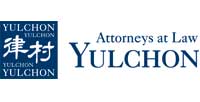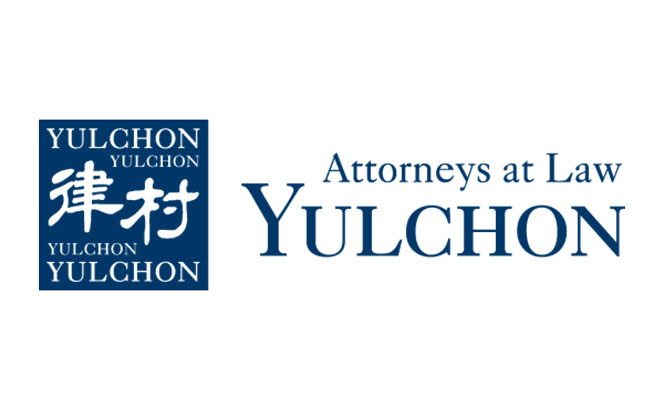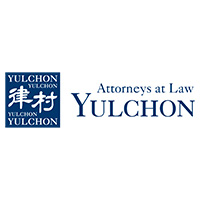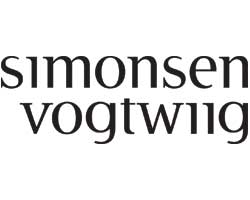
Yulchon on virtual international arbitration hearings in South Korea during the Covid-19 pandemic
With no end in sight in the foreseeable future, we are all adapting to life in the Covid-19 world that has become the new normal. International arbitration is no different. Once governmental lockdowns along with social distancing regulations and norms had made in-person arbitration hearings impractical if not downright impossible, it was clear that parties and arbitral institutions would have to derive alternative solutions. This became especially necessary once disputing parties had realised that simply postponing in-person hearings scheduled to take place in 2020 to later dates could not be a permanent solution.









